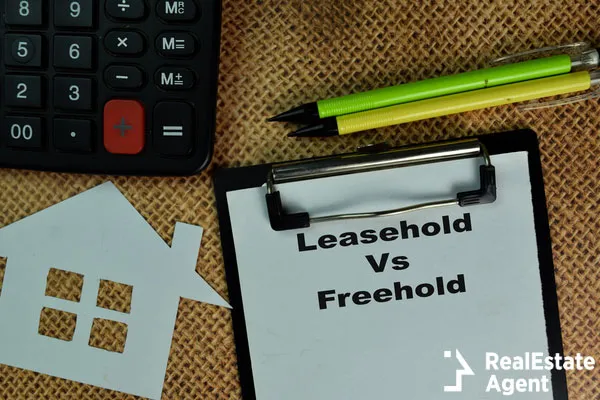
In the USA, buying a property usually means entering into a freehold. This means that you have bought your own home and the land it sits on. Once you have paid off the mortgage, it will be yours outright. However, leaseholds are common in some US states as well as in the UK.
A leasehold grants more rights than a regular lease does. However, the land is still owned by someone else. Let’s take a closer look at the difference between freeholds and leaseholds.
What Is A Leasehold?
If you haven’t heard of a leasehold before, you probably aren’t alone. It can be considered a complex real estate term. A leasehold is somewhere between renting and outright ownership. Somebody who purchases a leasehold will have the right to live in a building. However, the land that the building is on belongs to somebody else.
An agreement between a freeholder and a leaseholder is known as a leasehold interest. The owner (the freeholder) grants the buyer use of the building and the surrounding area for a set amount of time. This agreement is called a ground lease. Ground leases require a downpayment and a contract that stipulates the length of time. The leaseholder will then pay ground rent every month.
Leaseholds are mainly used for commercial buildings. Currently in the US, leaseholds are most common in residential buildings in New York, Florida, and Hawaii. A regular lease will usually be for a year. However, a leasehold can span anywhere from 40 to 120 years. Full ownership of the land and property will return to the freeholder when the leasehold expires.
What Are The Different Types Of Leasehold?
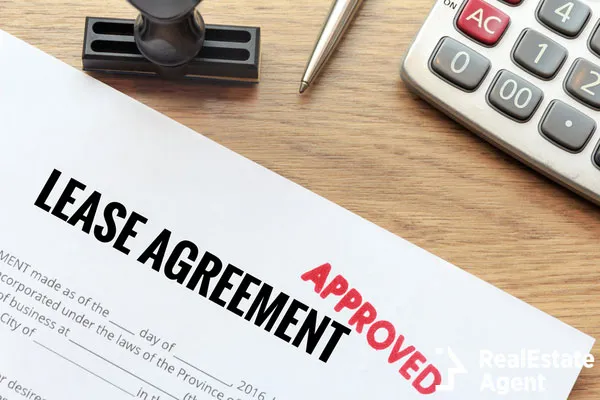
There are four different types of leasehold properties.
Estate For Years
This means that the leaseholder enters a contract with the freeholder that stipulates a set number of years they are allowed to live on the property. When the leasehold comes to an end, they will have to leave the property unless they can agree to an extension.
Estate From Period To Period
This type of agreement does not end on a set date. Instead, the leasehold agreement will automatically renew unless the tenant or freeholder decides that they wish to terminate the contract. In this case, they must give either 30 or 60 days notice (according to the agreement they made in the original contract).
Estate At Will
This is the loosest leasehold agreement. No end date will be set. The tenant can stay for an indefinite period of time. Both the freeholder and the leaseholder can give notice to terminate the contract at any time. The buffer between terminating the contract and the tenant having to leave will vary from state to state.
Estate At Sufferance
This means that the tenant can occupy the property even after the contract expires. They can stay until the freeholder asks them to leave.
Can You Make Home Improvements On A Leasehold?

With a leasehold, you are free to treat it as if it were your own property. You can make all the improvements you like. Obviously, you still need to meet the building codes of the state you live in. Leaseholders may choose the color of the house, the landscaping they would like if they want a pool installed. They can even expand the property and add additional rooms.
A leasehold can potentially last for the leaseholder's whole life. They may want to invest money and renovate. However, they may also feel it is a waste of resources, as they are not investing in the property for themselves. Once the leasehold finishes, the freeholder will own the property, along with all the renovations.
What Is Qualified Leasehold Improvement Depreciation?
There may be benefits to a leaseholder making renovations beyond making the space suit their own tastes. These improvements to the land and property can be worked into the monthly ground rent. These are known as qualified leasehold improvements.
This can depend on what the renovations are, how much money was invested, and the depreciation on the improvements. If, for example, you installed brand new hardwood floors that will last for 30 years - you could work out a decreased ground rent for the duration of these 30 years.
What Are The Duties Of A Landlord?
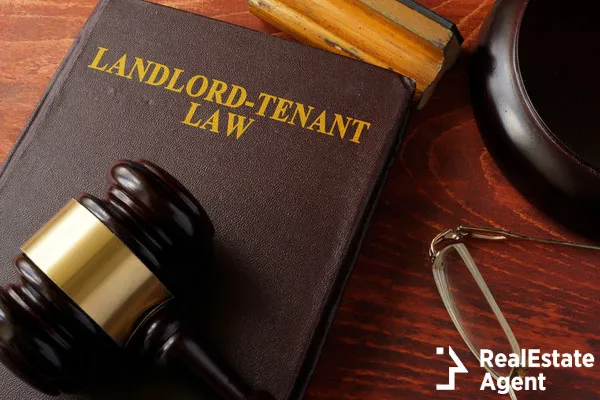
The landlord (freeholder) of a leasehold estate has some specific duties. This includes putting the tenant in legal possession of the property. They must make sure that the property is in good habitable condition if it is a residential or commercial property. Leasehold estates can also be land, which may be used for planting crops or grazing livestock.
They must also allow the tenant (leaseholder) quiet enjoyment of the property. There are several ways this can be violated:
- Attempting to evict the leaseholder by direct invasion of the property.
- Preventing the tenant from accessing parts or all of the property.
- Leasing parts of the property to somebody else, so the leaseholder no longer has full access.
If the landlord does not meet these requirements, the leaseholder may terminate the contract. They may also choose to stay in the property and sue the landlord. The leaseholder is also legally bound to pay rent on time and to avoid causing damage to the property.
What Are The Benefits Of A Leasehold Property?
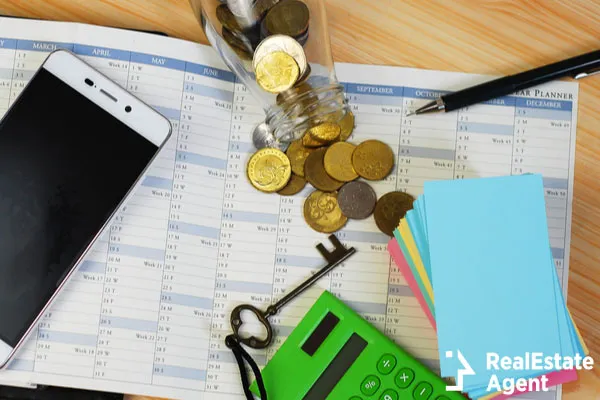
Purchasing a leasehold property is usually a lot less expensive than buying a freehold. You may also sell your leasehold to somebody else without the landlord’s permission or involvement. The more time there is left on the lease, the more valuable the property will be.
Leaseholds can also be ideal if you want to buy a condo and rent out the apartments. The rental revenue produced could be one of your best income assets. Leaseholds can also be good for seniors who are on a fixed income. Under a short-term lease, the landlord could raise the rent every year. The rent can stay at a fixed price for decades with a leasehold.
The downpayment on a leasehold is likely to be much lower than a freehold. It could be a good option for older people who are looking to downsize. You have the freedom to make all the renovations you want. You can commit to a long-term home without having the high costs and the responsibility of being a freeholder.
What Are The Downsides Of A Leasehold Property?
The downsides of a leasehold are that any money you invest in the property will transfer to the freeholder once the lease expires. All the time and energy spent on refurbishments are helping to line somebody else’s pockets. If you wish to sell the leasehold, it will significantly depreciate in value over time. If it only has a few years left on the leasehold contract, the leasehold may be nearly impossible to sell.
We have to underline that you don’t own the land or property. You won’t be able to pass it on as an inheritance. You can only sell it but that’s not always easy. The leasehold may seem like a long time, but as it runs out, you may find yourself stuck with nowhere to go. The shorter your leasehold is the less attractive it is for others. If you have a leasehold of 120 years, you can sell it to someone else with ease. However, if your leasehold is of 20 years, buyers might not be attracted to it as it’s more difficult for them to get loans for the down payment. The longer a leasehold has till it expires, the more valuable it is and the easier it is to sell. Still, there is no guarantee that a leasehold can be renewed so extending a leasehold isn’t always possible.
Ultimately, if the area becomes hot property, this won’t benefit you at all as, unlike with freeholds, you don’t build equity in a leasehold. It will just mean that you have to pay more to live there.
Can Rents Raise During Leasehold?
For many leaseholders, this is the biggest downside. The thing is, you don’t own the property, you don’t build equity on it, and you can’t leave it to your children. However, given the fact that your rent may be reassessed in order to reflect current market value, it seems to counterbalance the point of leaseholds.
Over the last few years, ground rents have increased as the current real estate market uses leaseholds as investment vehicles and not just the acknowledgement of the landlord’s interest. Rents can increase with inflation steadily or dramatically and are reevaluated when a leasehold is renewed.
These details are specified in the leasehold agreement where it might simply state that the rent increases gradually over time in turn with inflation. A percentage of increase can also be specified or how often rent prices can be expected to change. Still, if the landlord and leaseholder decide to renew a leasehold that’s set for years, rent is most likely to be increased regardless of what is specified in the leasehold agreement. If the leasehold extends without renewal, then the rent growth depends on what is specified in the previous lease.
What Is A Freehold?
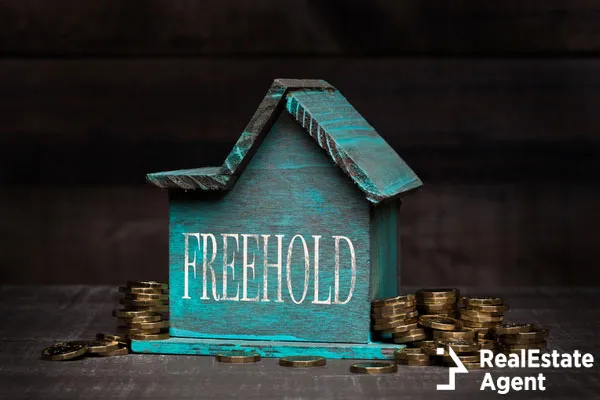
Freehold is also known as fee simple. This term is much simpler to explain and should be familiar to most people. A freehold property is “free from hold” of any entity other than the owner. You have the right to use it for any purpose in accordance with regulations. You also have sole responsibility for the upkeep and maintenance of the property.
There are no restrictions on the owner of a freehold property if they wish to transfer it to somebody else. The property can also be inherited. When you purchase a freehold, you also own the land that the property sits on. You have the right to live in the property as long as you wish and can make any changes you like (within legal limits).
You must pay property tax and any other assessments, which may include sidewalks, fiber optic lines, and other improvements.
What Are The Advantages Of A Freehold?
The advantage of a freehold is that you have complete control of the land and property. You don’t need to pay any further ground rent or service charges, unless you live in a HOA. You know exactly what you are paying to acquire the property. There will be no complications with other owners, and you won’t have to pay any future costs.
There will be no limitations on what you can do with your home, such as having pets or being able to smoke indoors. There is no time limit to worry about. You don’t need to worry about decreasing value as your lease runs down. You can stay in your home as long as you wish, and you can pass it on to your children in your will or sell it.
What Are The Disadvantages Of A Freehold?
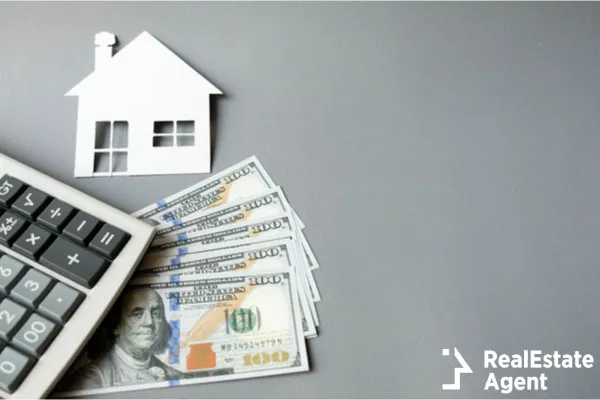
Freeholds are usually more expensive. The downpayment is likely to be much more significant. All related costs are your sole responsibility. This includes maintenance and repair. Insurance, bills, and taxes must all be paid by you. You must make sure your home meets all local laws and regulations at all times.
In Summary
Residential leaseholds can be found in New York, Florida, and Hawaii. A leasehold is somewhere between a rental and outright ownership. They can span anywhere from 40 to 120 years. There are four types of leaseholds that are commonly found. You are free to make home improvements, and the cost may even be taken off your ground rent.
A freehold is the most common type of property purchase. It means that you own the land and the property outright. As sole owner, you have full responsibility for the upkeep and the financial obligations of owning the property. You can stay in the property as long as you wish, and it can be inherited by your children.
















Have a question or comment?
We're here to help.